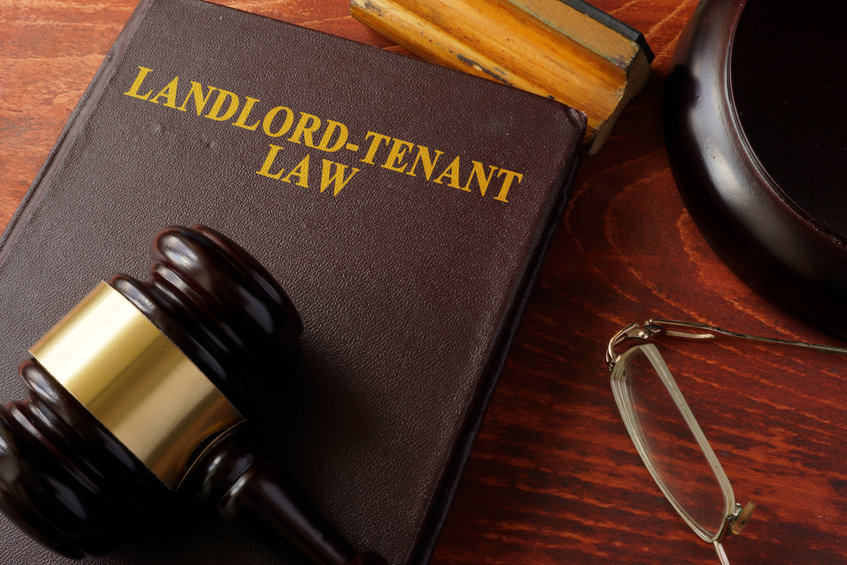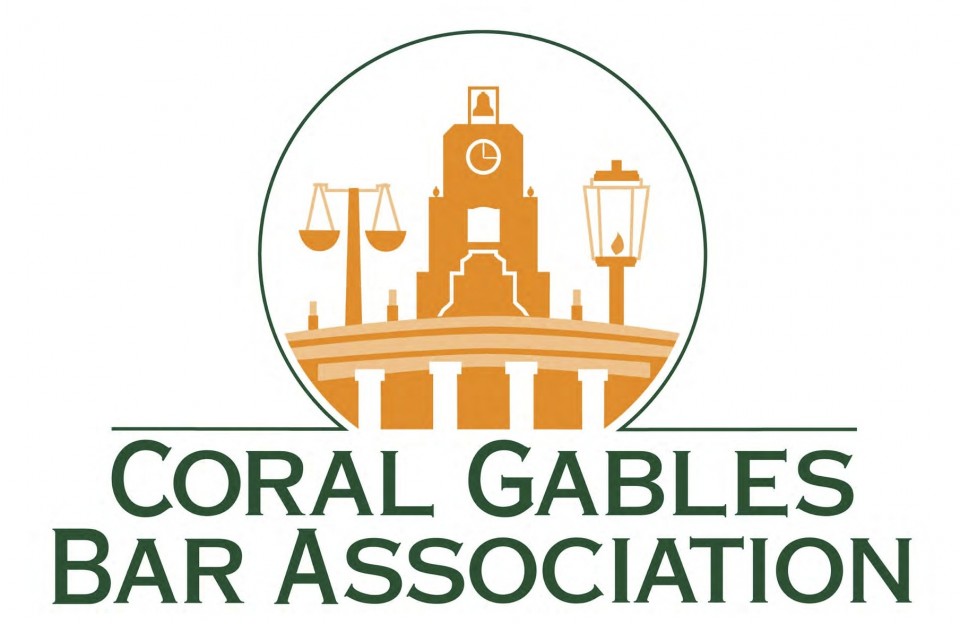Disputes between landlords and their tenants are all too common. From eviction actions to spats over security deposits and habitability concerns, the courts are inundated with landlord-tenant disagreements. Unfortunately, you may find yourself in the middle of one of these disagreements. Perhaps you want to sue your landlord for what you believe is a clear violation of your lease. Or perhaps your landlord is suing you for falling behind on your rent payments. In any event, you might become hesitant to proceed with your lawsuit—or pressed to settle the case against you—when that first bill from your attorney comes in.
You scrutinize your lease and can’t find any mention of whether the non-prevailing party in a lawsuit must pay the prevailing party’s attorney’s fees. Or, you don’t have a written lease at all.
You do a bit of research, and the American Rule seems to indicate that you must pay your own fees. Are you out of luck? Not necessarily.
What is the American Rule?
The American Rule requires all parties in a civil suit to pay their own attorney’s fees, regardless of the suit’s outcome. Generally, the American Rules controls all civil suits in the U.S. justice system, with two notable exceptions. First, if a contract between the parties stipulates that the prevailing party in a dispute will have its attorney’s fees paid, the American Rule will not be enforced. Second, if a statute provides that a prevailing party in a dispute will have its attorney’s fees paid, the American Rule will similarly not be enforced. In Florida, attorney’s fees for prevailing parties are available under several statutes.
There are at least two, lesser-known reasons that a court may not enforce the American Rule. First, if a tortfeasor’s actions force the prevailing party to spend money on non-litigation related attorney’s fees, that party may be able to recover their fees as special damages. Second, if a party files a frivolous lawsuit, drags on a lawsuit through insincere appeals, or conducts themselves extremely unprofessionally, a judge may order the party to pay the other side’s attorney’s fees.
Are There Any Florida Statutes That Provide for Prevailing Party Attorney’s Fees in Lease Disputes?
Fla. Stat. §83.48 provides that the prevailing party in a civil action brought to enforce the provisions of a rental agreement may recover reasonable attorney’s fees and court costs from the non-prevailing party. Per Fla. Stat. §83.43, “Rental agreement” means any written agreement, including amendments or addenda, or oral agreement for a duration of less than 1 year. The right to attorney’s fees may not be waived. So, if you prevail in your landlord/tenant dispute, Fla. Stat. §83.48 entitles you to an award of reasonable attorney’s fees. But remember, getting an award of attorney’s fees does not mean that you will be able to collect on the judgment.







